When World War II ended, because they were both part of the Allies and deeply sympathized with the great sacrifices of the Soviet army and people, the British people had a lot of affection for the Soviet Union. In the context of reconstruction and returning to normal life, the English Football Association (FA) sent a message to the Soviet Embassy in London, inviting a Soviet football team to play in England.
The team sent to England was Dynamo Moscow, the 1945 Soviet champions. Unsurprisingly, few Englishmen had heard of them. But the Soviet players had a wealth of knowledge about English football. Striker Konstantin Beskov said that "England is the homeland of football, and English football is the best in the world ", while full-back Leonid Solovyov praised the English players, especially their heading ability.
So in mid-November 1945, about 13 weeks after the end of World War II, people from the victorious country arrived in the foggy country. All of them were wearing blue coats, holding a mysterious box in their hands.
British conspiracy theorists, especially as Cold War tensions began to simmer, claimed that the Soviets smuggled atomic bombs into Britain. The truth is that Dynamo Moscow players were informed about London's post-war food rationing system and so took the initiative to bring food with them.
Konstantin Beskov (left) and Vsevolod Bobrov, two Soviet football legends, were also Dynamo's top scorers during their tour of England. |
The British government was not keen on the tour. They said that Dynamo Moscow were guests of the FA, not the government, so there was no grand reception with the Soviet flag at Croydon Airport. The players were also accommodated in the Royal Horse Guards barracks in Whitehall. However, the bedrooms were bare of pillows and bed linen.
After protests, the entire Dynamo Moscow team was eventually taken to the Imperial Hotel in Russell Square, where they enjoyed facilities including Turkish baths and awaited the matches. It should be noted that although it was a friendly, both sides valued victory and defeat.
Before leaving, the Soviet players were given the task of winning. England, on the other hand, were even more eager to win, as they still prided themselves on being masters of the sport . Furthermore, the British media also downplayed the Soviet team. "Don't expect much from Dynamo. They are just amateurs, playing for the money and their main job is manual labour," wrote the Evening Standard.
Dynamo players walked out onto Stamford Bridge with bouquets of flowers to give to their opponents Chelsea. |
For Londoners, there was nothing but excitement. At the first game against Chelsea, the streets of Fulham were packed with people. Many rented out their front yards as bicycle parking. Candy apples and oranges were sold on street corners, and ticket prices were pushed up eightfold.
The official figure was 75,000 people packed Stamford Bridge. But the reality was much larger, as people followed pipes into the stadium, climbed the bell tower, the stadium roof and spilled out onto the pitch.
Then the match started, Dynamo stunned Chelsea with their fast play, constant movement, changing direction and precise passing, also hitting the goalpost 3 times. However, Chelsea took a 2-0 lead thanks to exploiting defensive errors.
The superiority in football quality and determination helped Dynamo equalize 2-2 in the 75th minute. Chelsea took the lead again in the 81st minute thanks to a goal from Tommy Lawton. But not long after, Vsevolod Bobrov equalized for the Soviet team to the loud cheers of the English fans.
A view of Stamford Bridge during the match between Dynamo Moscow and Chelsea. |
The 3-3 scoreline pleased everyone, and the crowd rushed onto the pitch, carrying the Dynamo players on their backs. Their performance also won the respect of Chelsea and the British media, and this also helped the Soviet boys receive a warm welcome in the second match against Cardiff City.
The city in South Wales is home to many coal mines and steel mills, so the workers here also have a lot of affection for the Soviet Union. They hung the red hammer and sickle flag over the Town Hall and gave each player a miner's lamp as a souvenir.
The result, however, was a disappointment to Cardiff. More than 40,000 spectators witnessed a 1-1 defeat, the biggest defeat by a team against a foreign opponent. For Dynamo, excitement was high. They saw it as good preparation for the most anticipated match: against Arsenal, the best team in the world at the time.
Dynamo goalkeeper Aleksei Khomich takes the ball during the match against Cardiff. |
With the war having just ended, many Arsenal players were still stationed in the armed forces around the world. So they recruited a number of 'guest players', including Stoke City's Stanley Matthews, Blackpool's Stan Mortenson and Fulham's Joe Bacuzzi, who played for Chelsea in the opening game. The match was also moved to Tottenham's White Hart Lane because the Ministry of Defence still occupied Highbury as an air defence centre.
Complicating matters was the fog that had blanketed much of south-east England that day. Dynamo wanted to postpone the game, but it was impossible. Fans had been queuing up since the night before, and by 10am, there were so many that the police decided to open the gates early.
Due to the thick fog, referee Nikolay Latyshev asked two linesmen to come onto the pitch, one running to one side of the pitch to help monitor the action. There were many controversies, such as Dynamo's Sergei Solovyov scoring an offside goal, or Arsenal's George Drury getting a red card but taking advantage of the fog to sneak back in. However, the important thing for the Soviet team was the 4-3 victory.
Images from Dynamo's tour of England. |
The defeat also affected the pride of English football. They decided to organize another match, against Glasgow Rangers, and arrange for a Scottish referee. Rangers also wanted to invite the talented James Caskie from Everton to play, but abandoned the idea after facing fierce opposition from Dynamo.
As the match progressed, the referee awarded Rangers two dubious penalties. However, these efforts were not enough to win the match, as Dynamo scored two beautiful goals to end the match in a 2-2 draw.
Not content to stop, England arranged a fifth game against an England XI at Villa Park. But Dynamo were suddenly recalled to Moscow and the month-long tour ended. "The Russians are gone," the BBC announced, to the regret of the public.
Back home, the Dynamo players became national heroes. Several players were awarded the title of Master of Sport of the Soviet Union. In addition to newspaper articles, a book and a musical were written to celebrate Dynamo's invincible tour of England.
They also left a deep impression on the British. The foggy country praised them for playing magical football, and Sir Stanley Matthews said that Dynamo Moscow was associated with the concept of classy football. In addition, this was also a shot in the arm to the pride of English football, reminding that the foggy country was gradually falling behind the emerging football, with a liberal and less restrictive mindset, playing with the strong spirit like the Soviet boys did.
Thanh Hai
Source: https://tienphong.vn/80-nam-truoc-khong-lau-sau-ngay-chien-thang-phat-xit-nhung-chang-trai-xo-viet-da-khien-bong-da-anh-choong-vang-post1740616.tpo


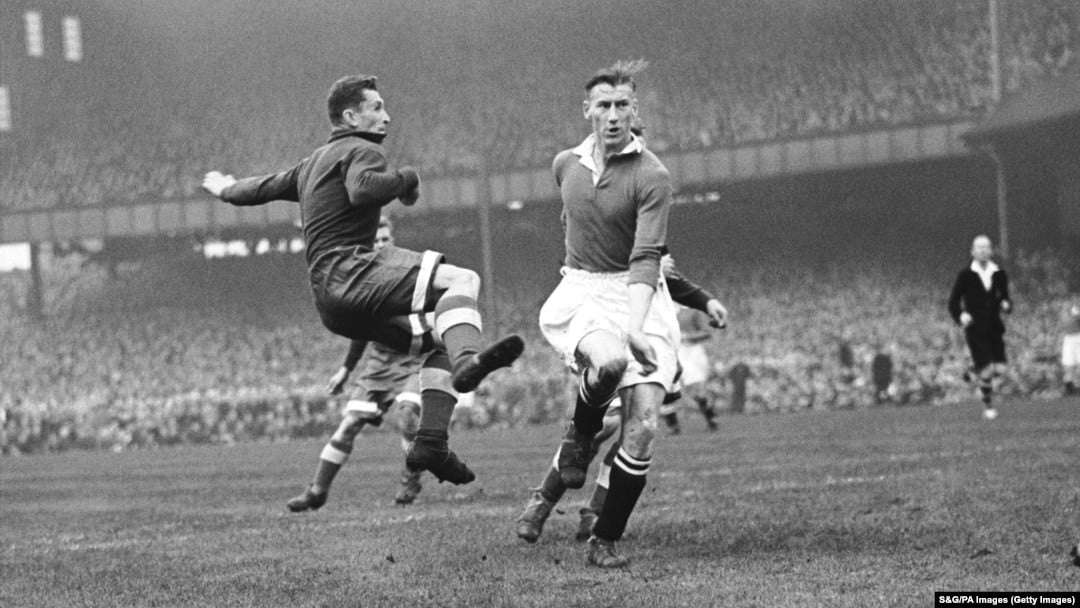
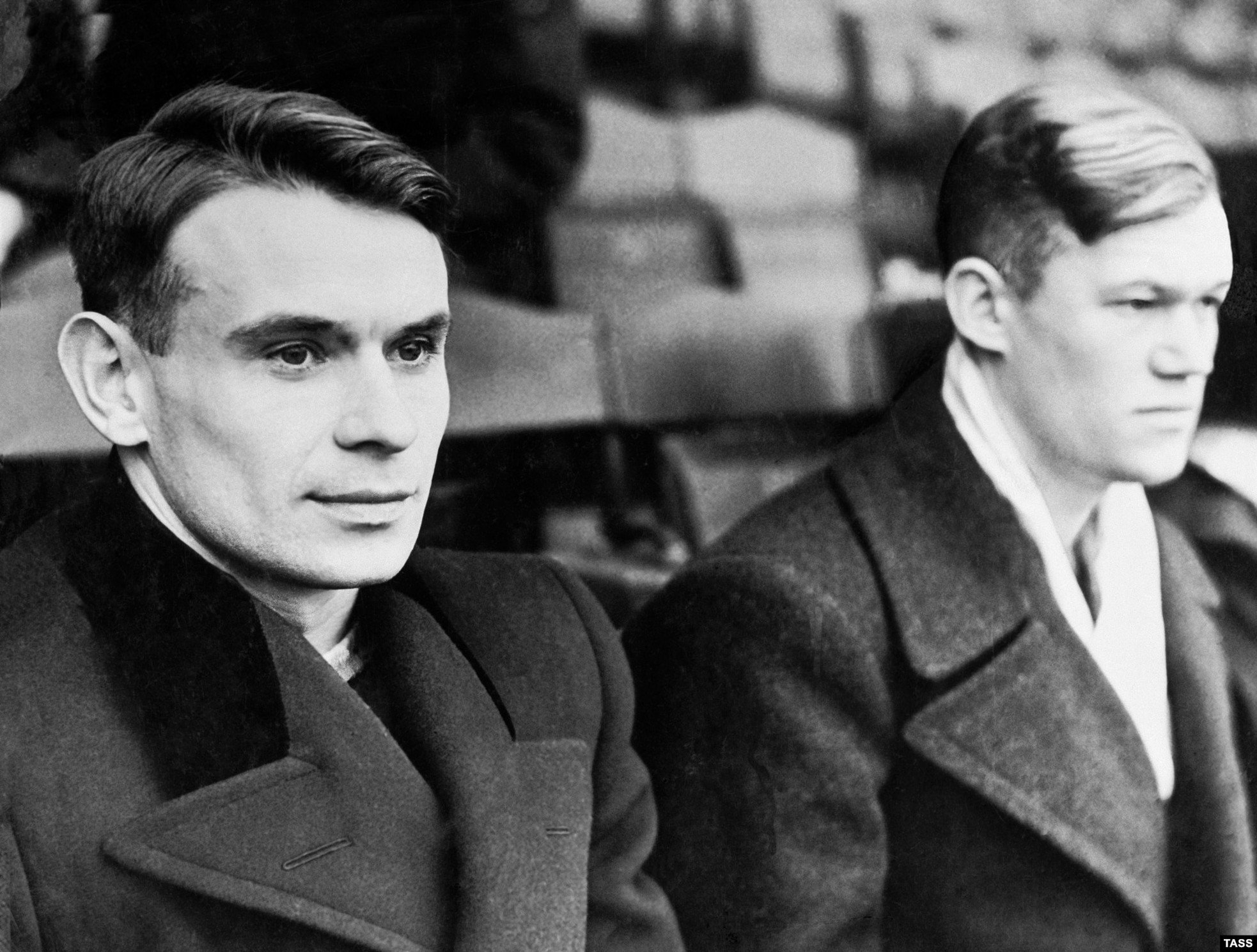
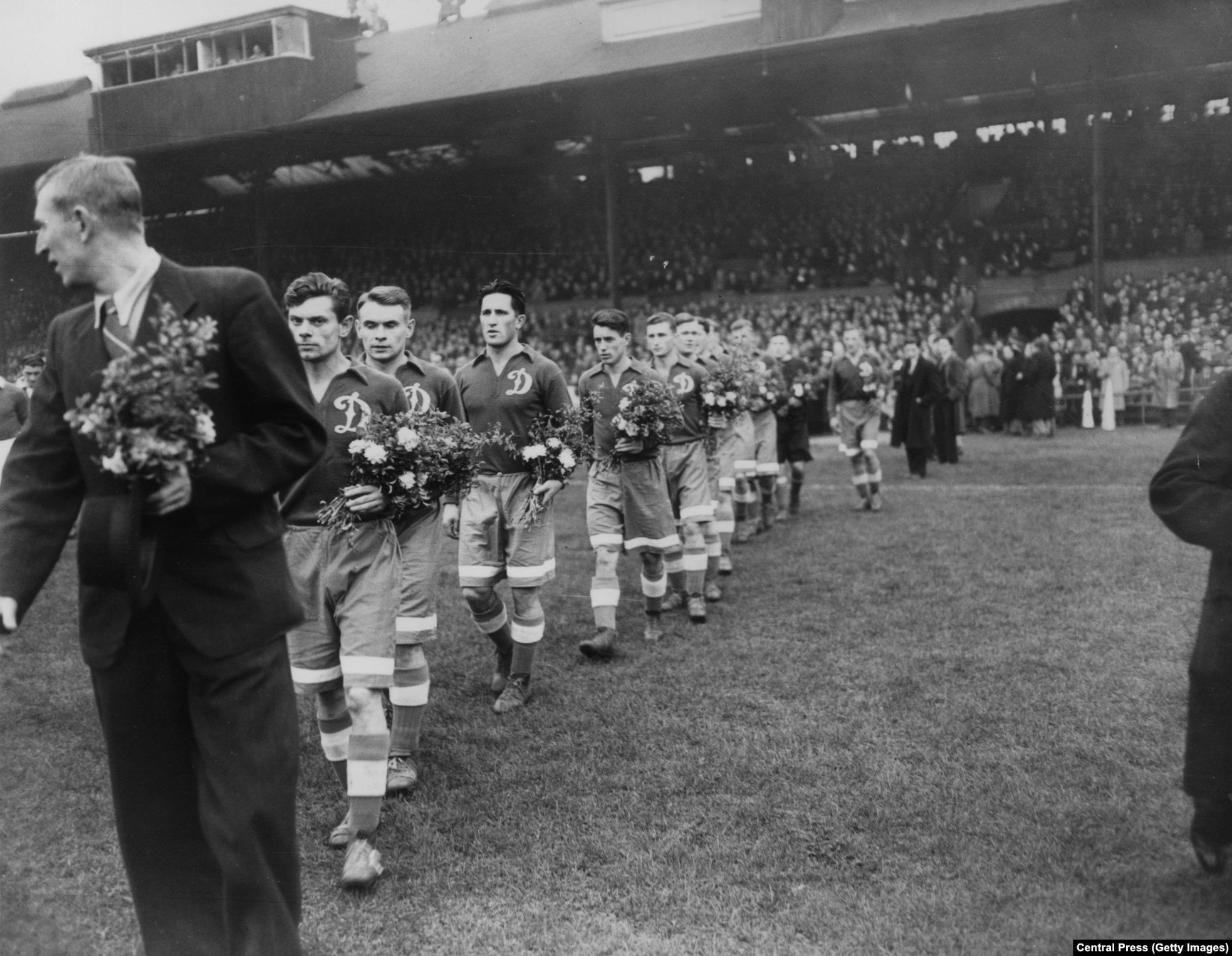
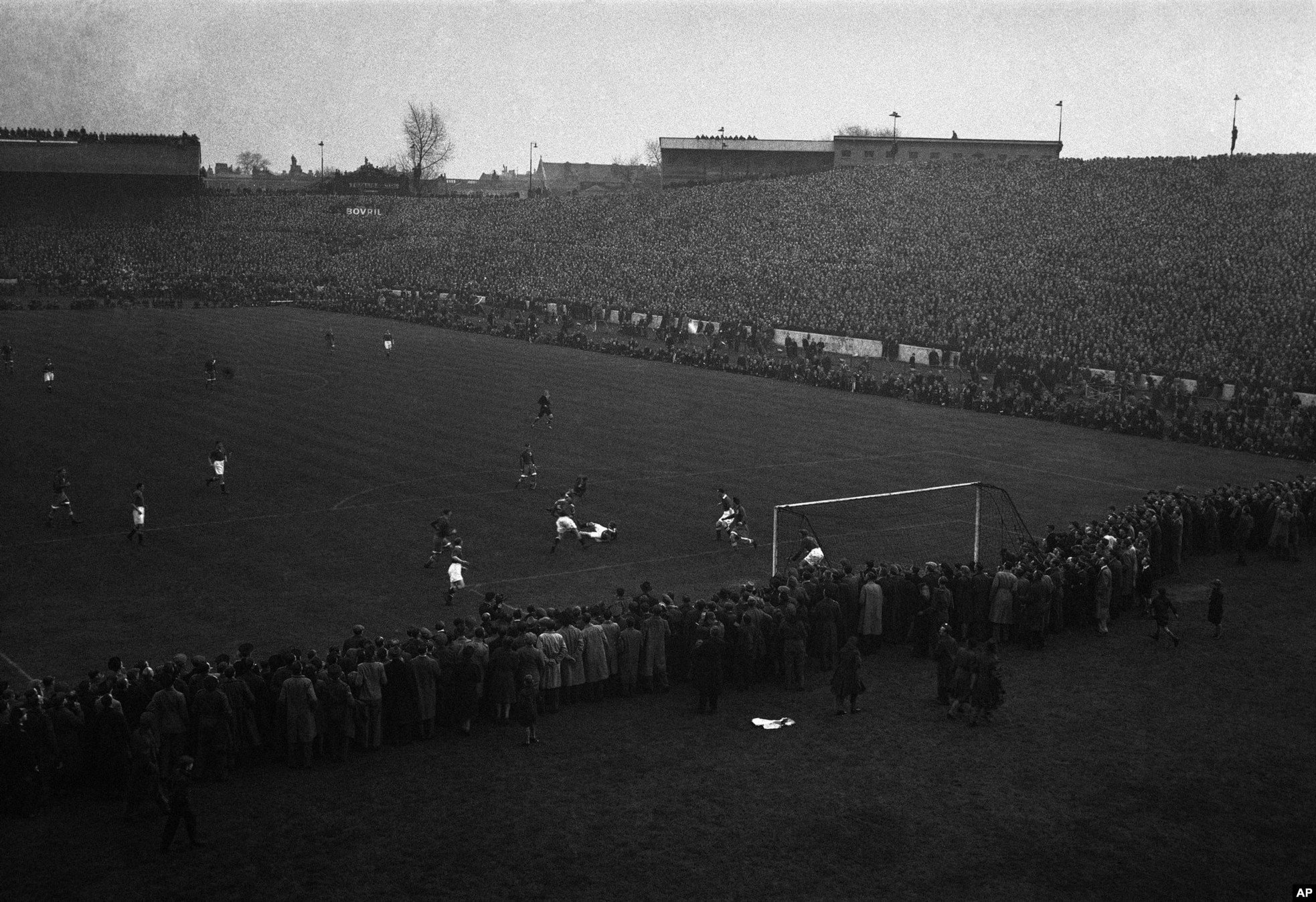
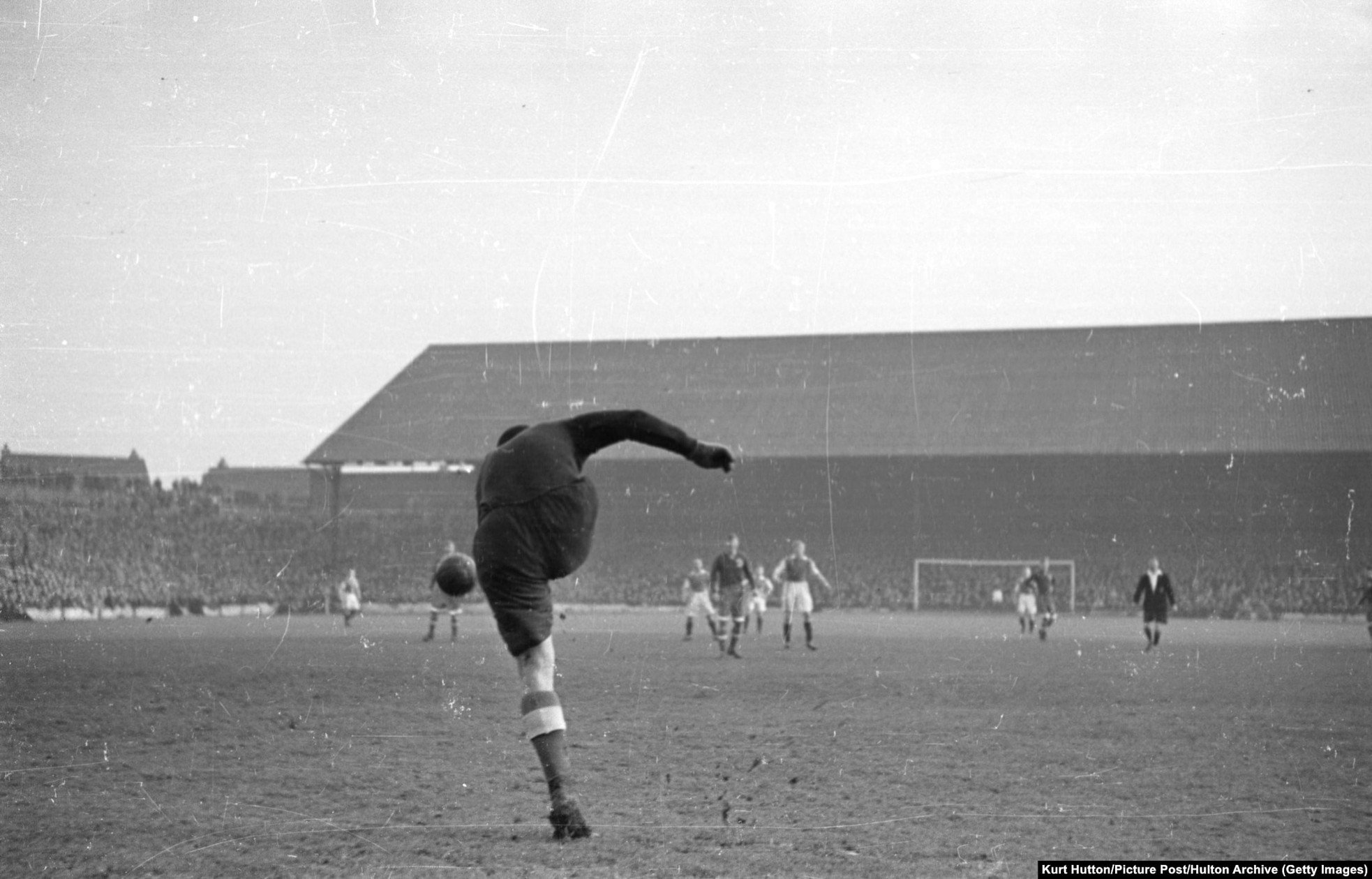
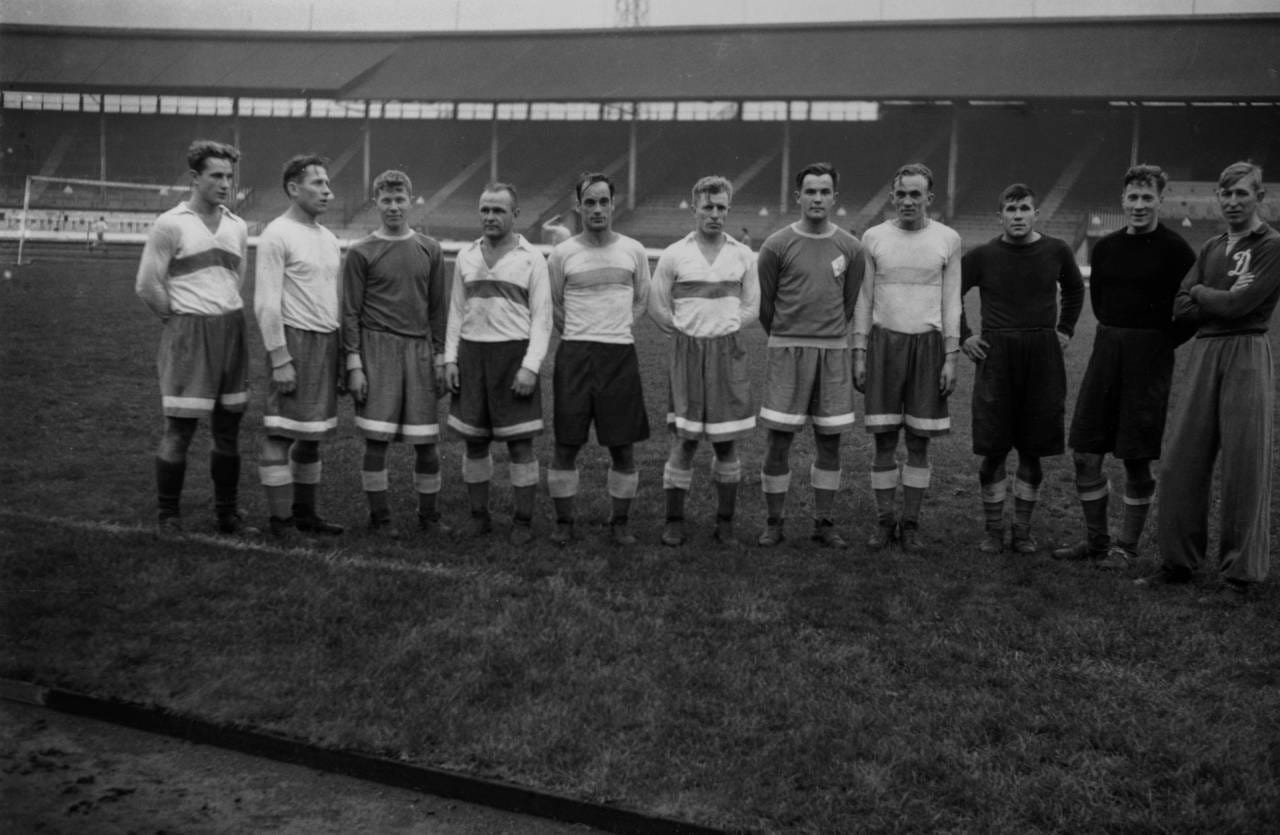
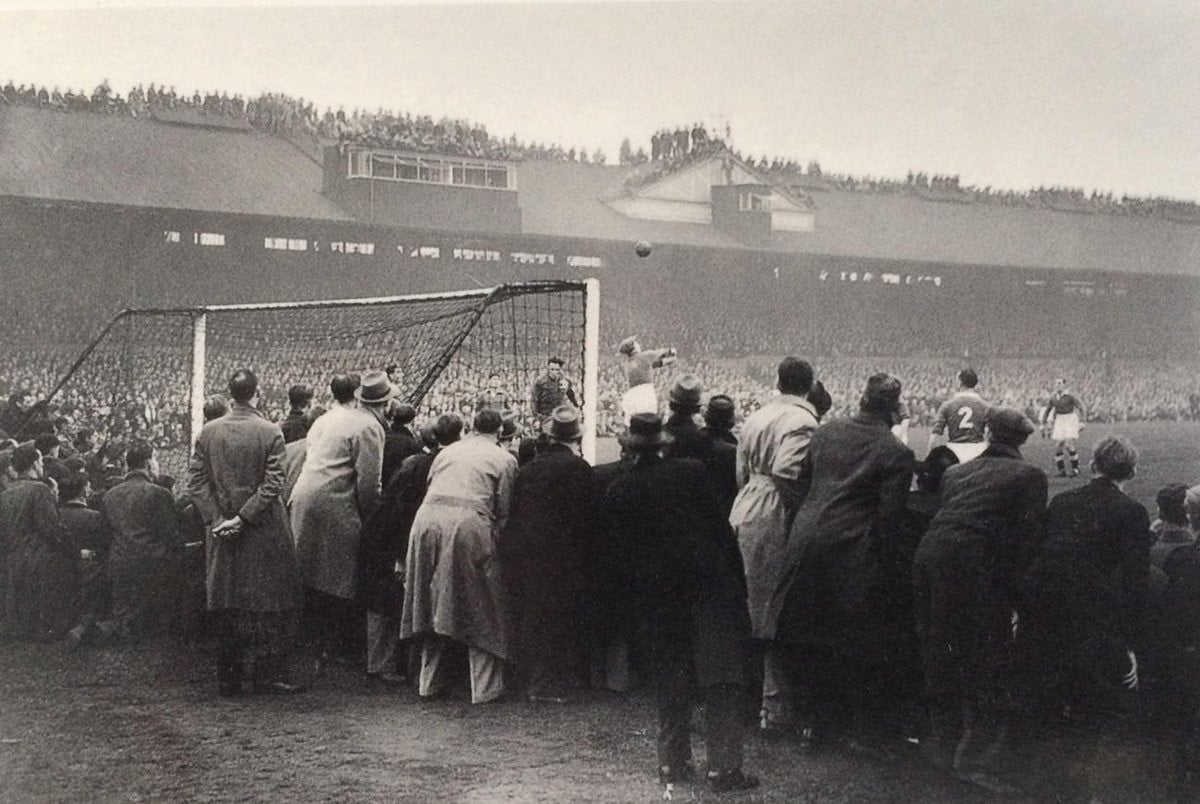
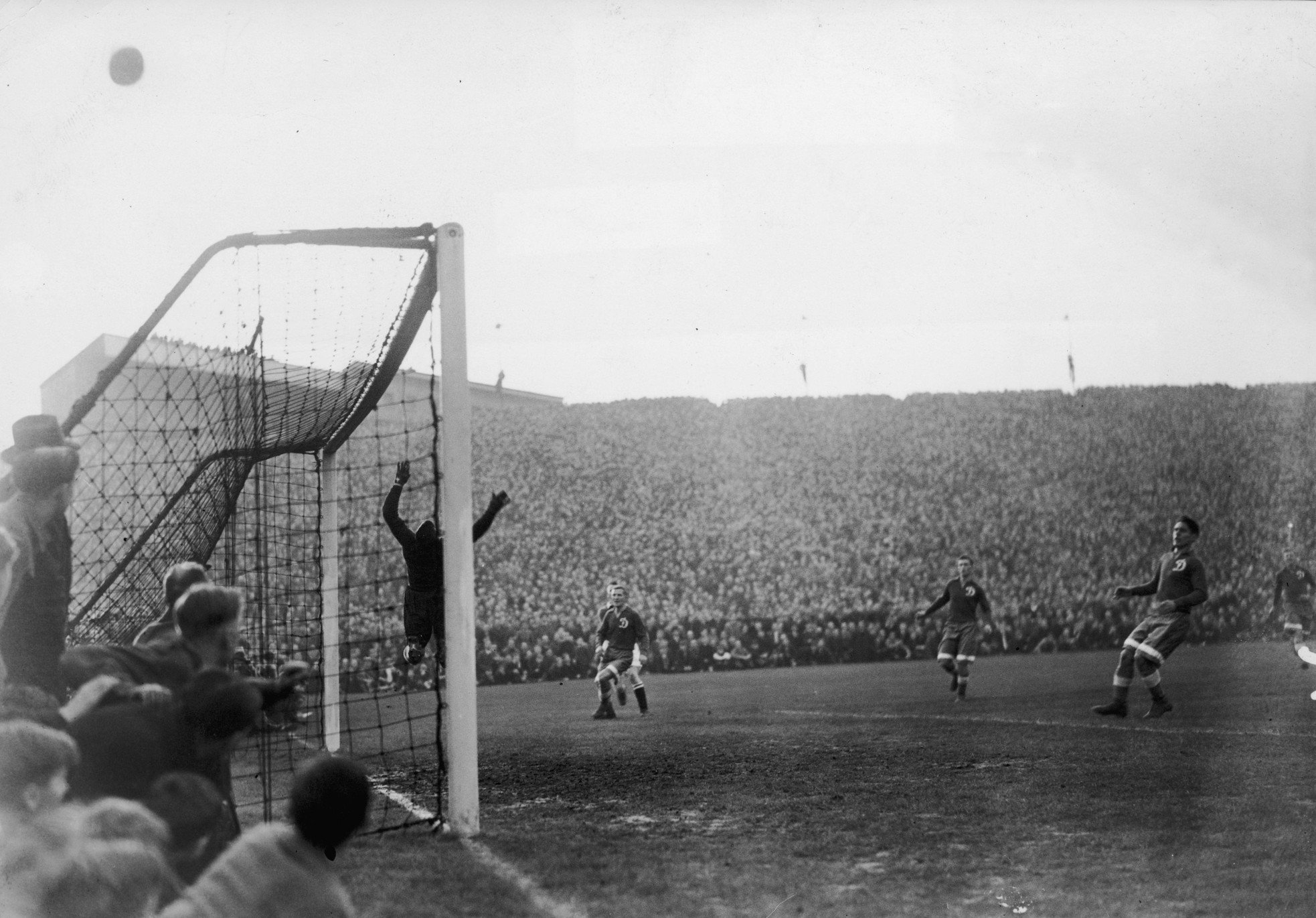


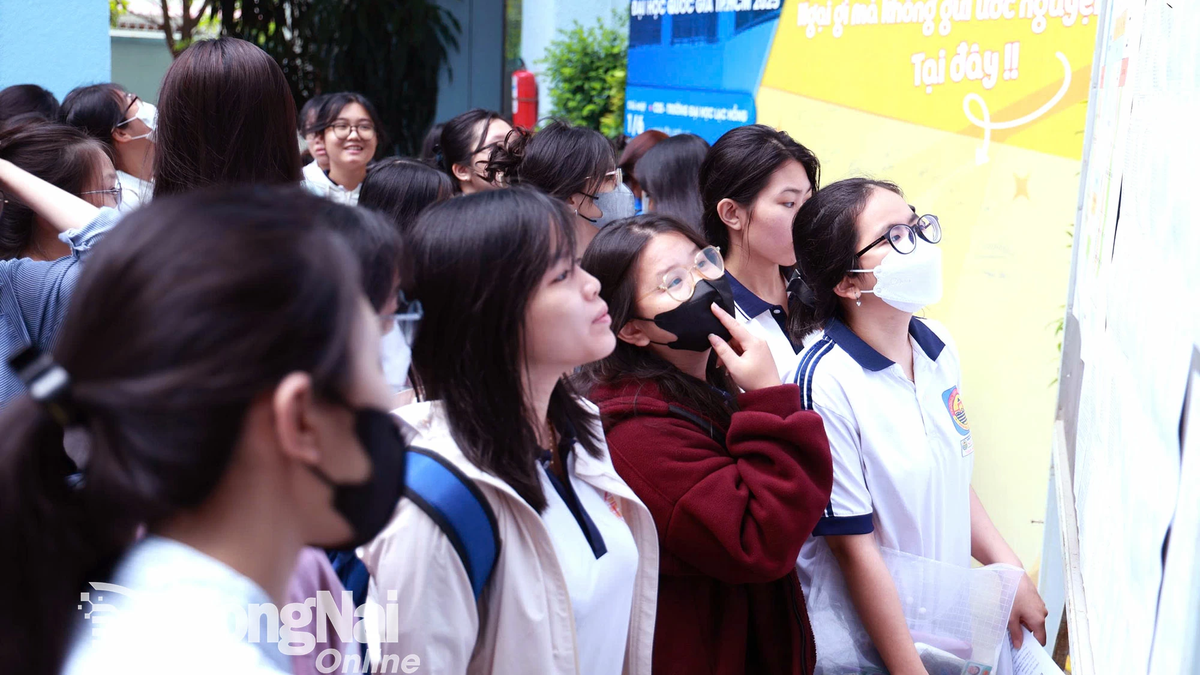
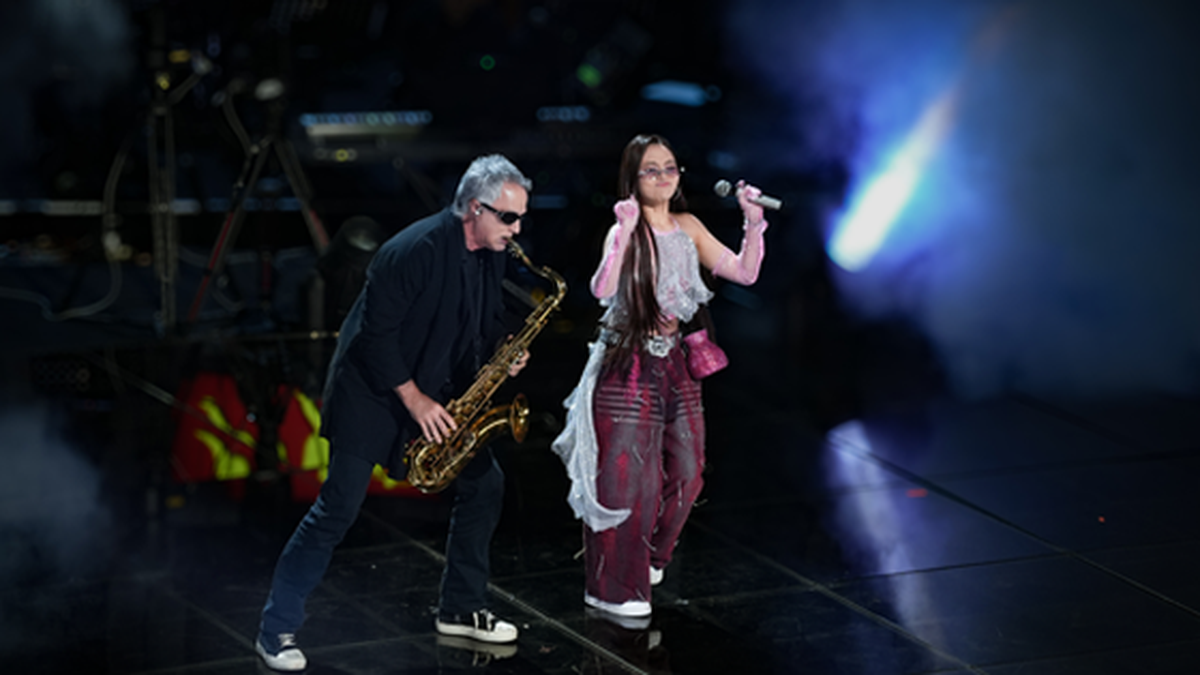
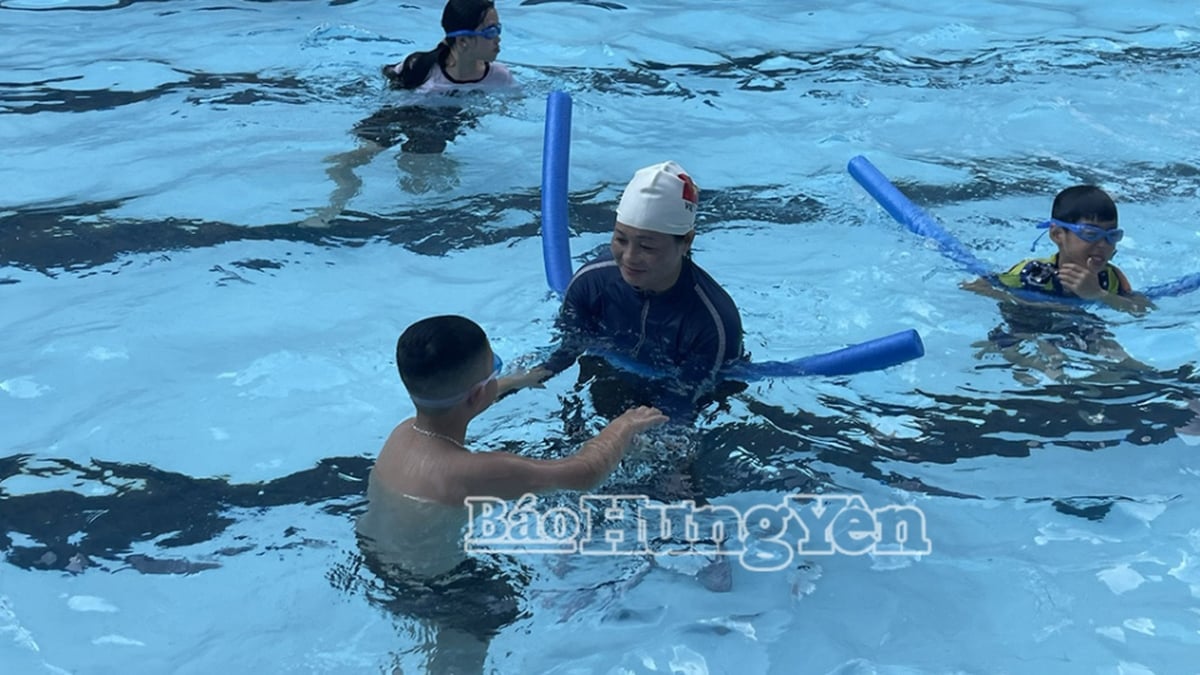

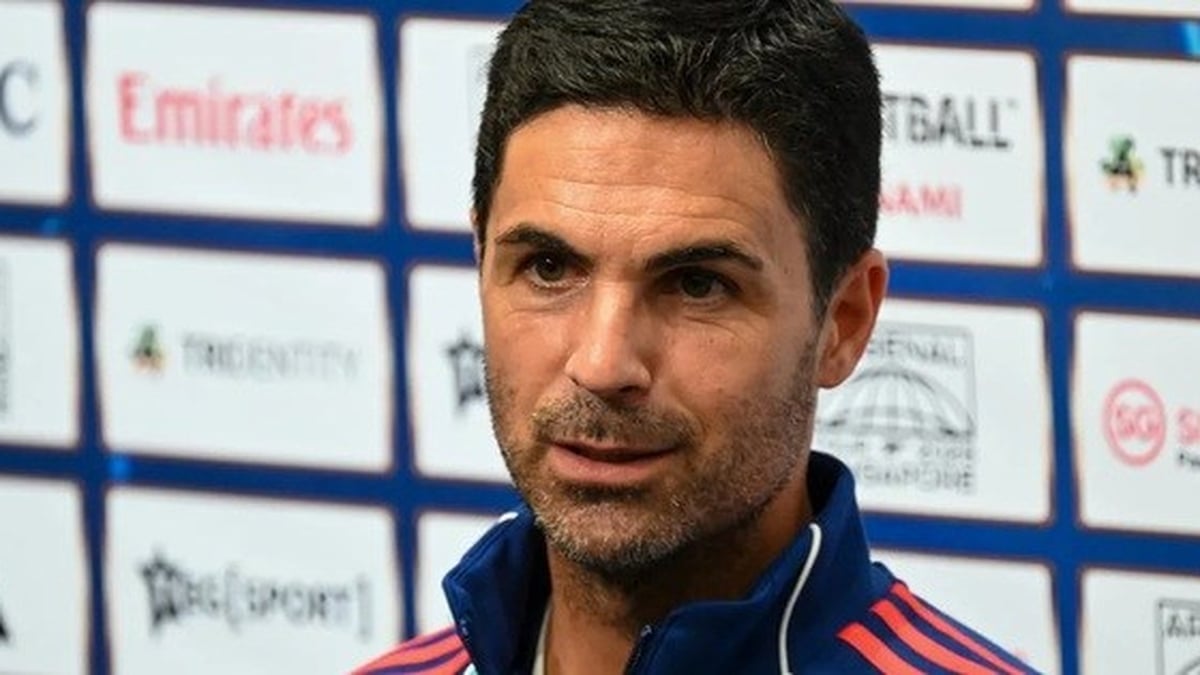
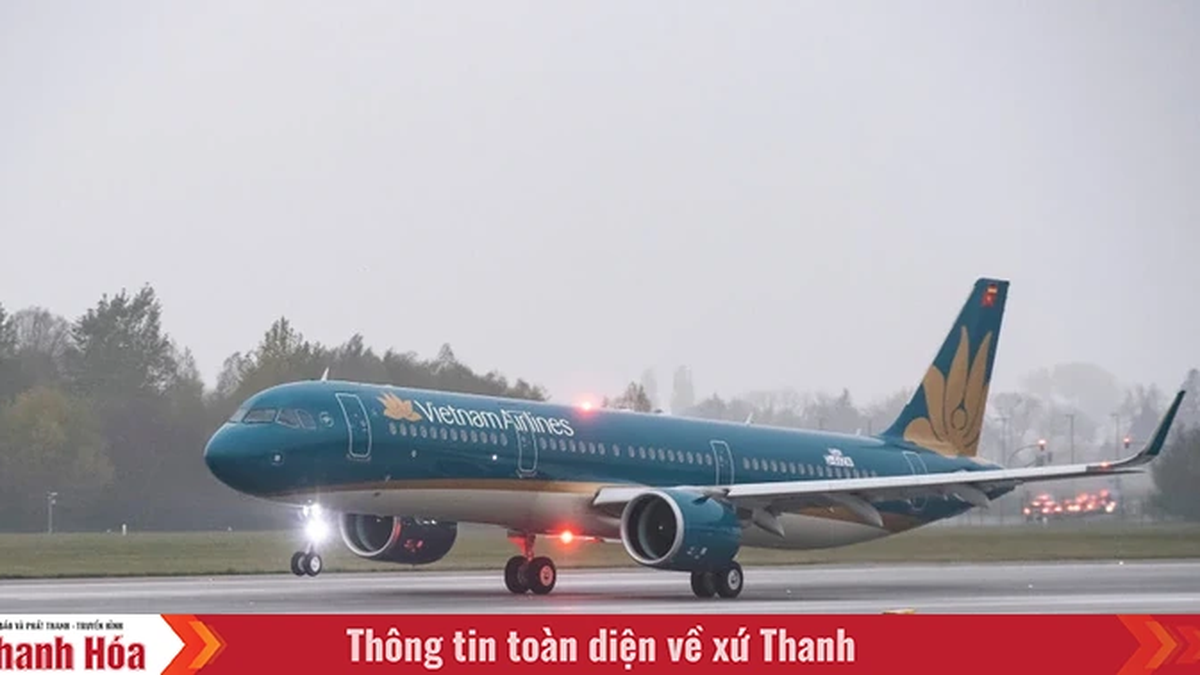

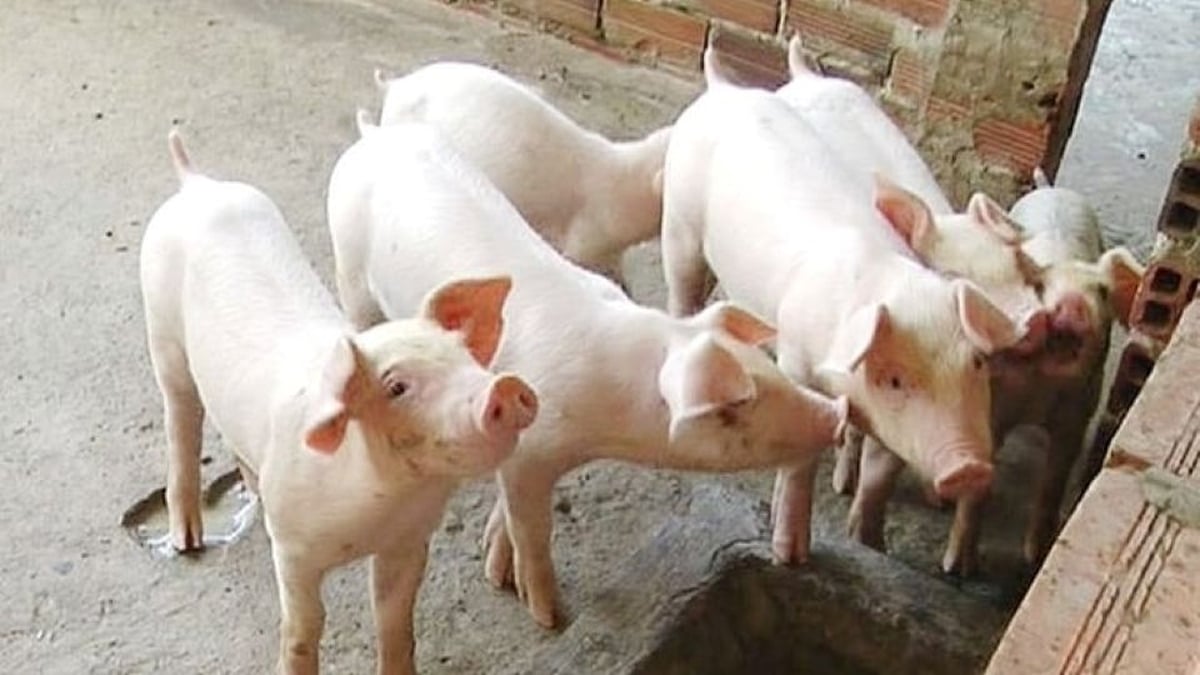















![[Photo] National Assembly Chairman Tran Thanh Man visits Vietnamese Heroic Mother Ta Thi Tran](https://vphoto.vietnam.vn/thumb/1200x675/vietnam/resource/IMAGE/2025/7/20/765c0bd057dd44ad83ab89fe0255b783)


















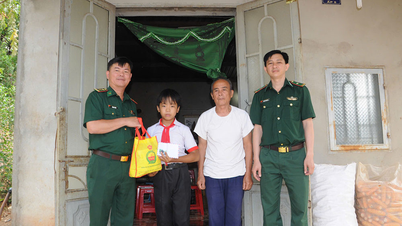


















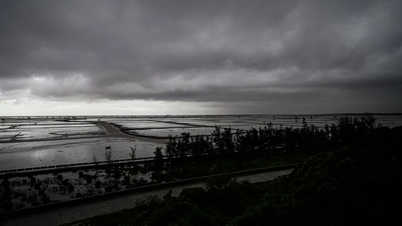

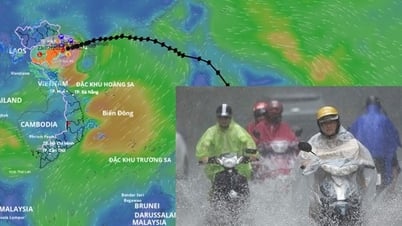

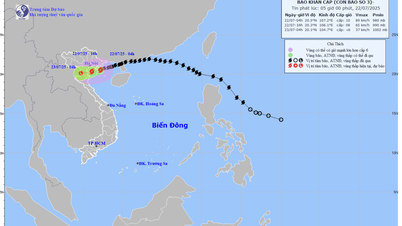

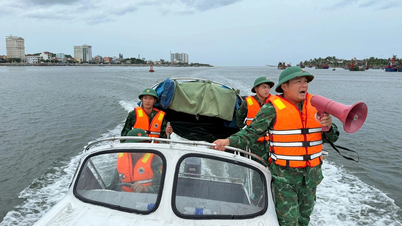
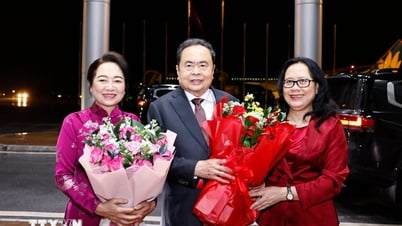
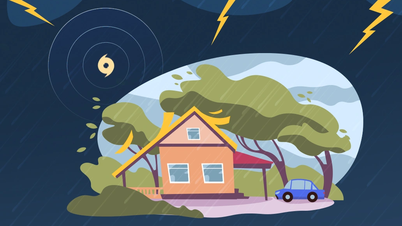

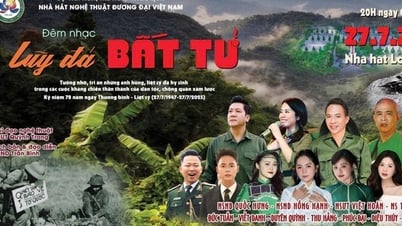

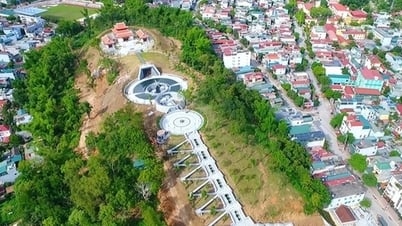
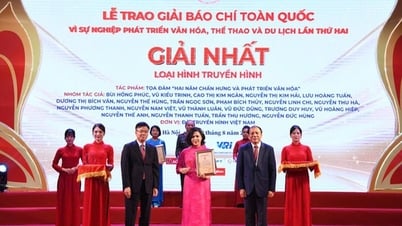


























Comment (0)